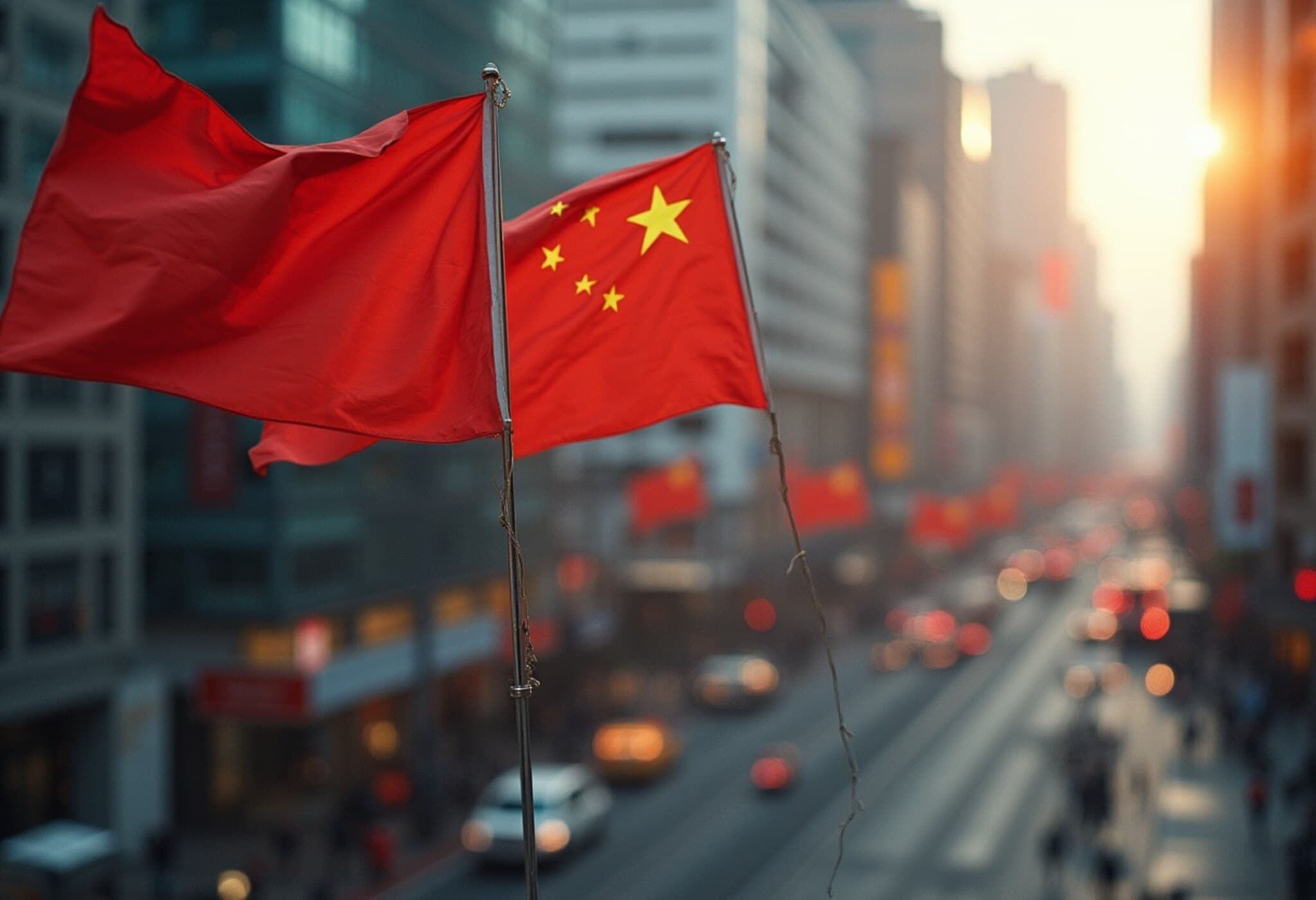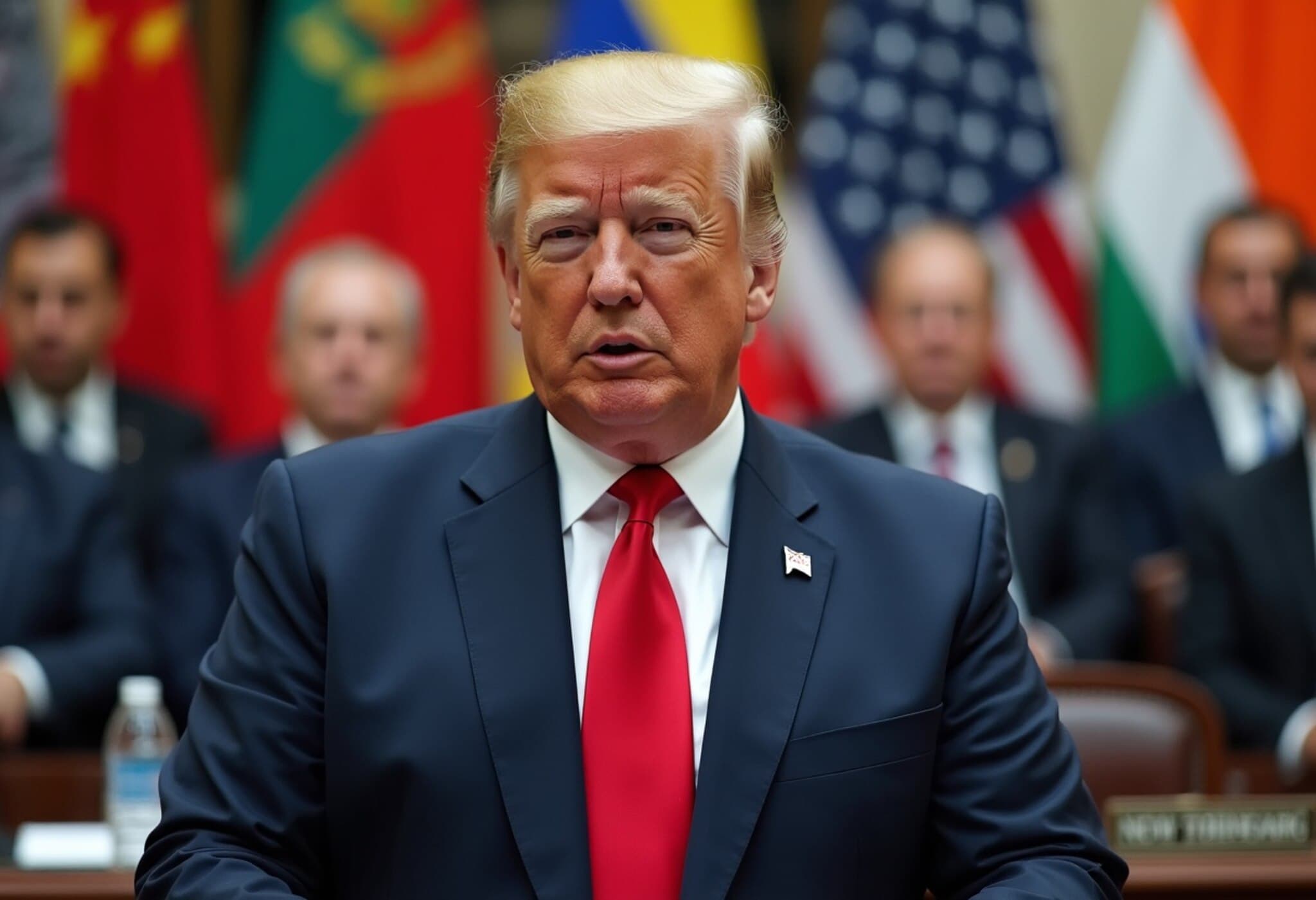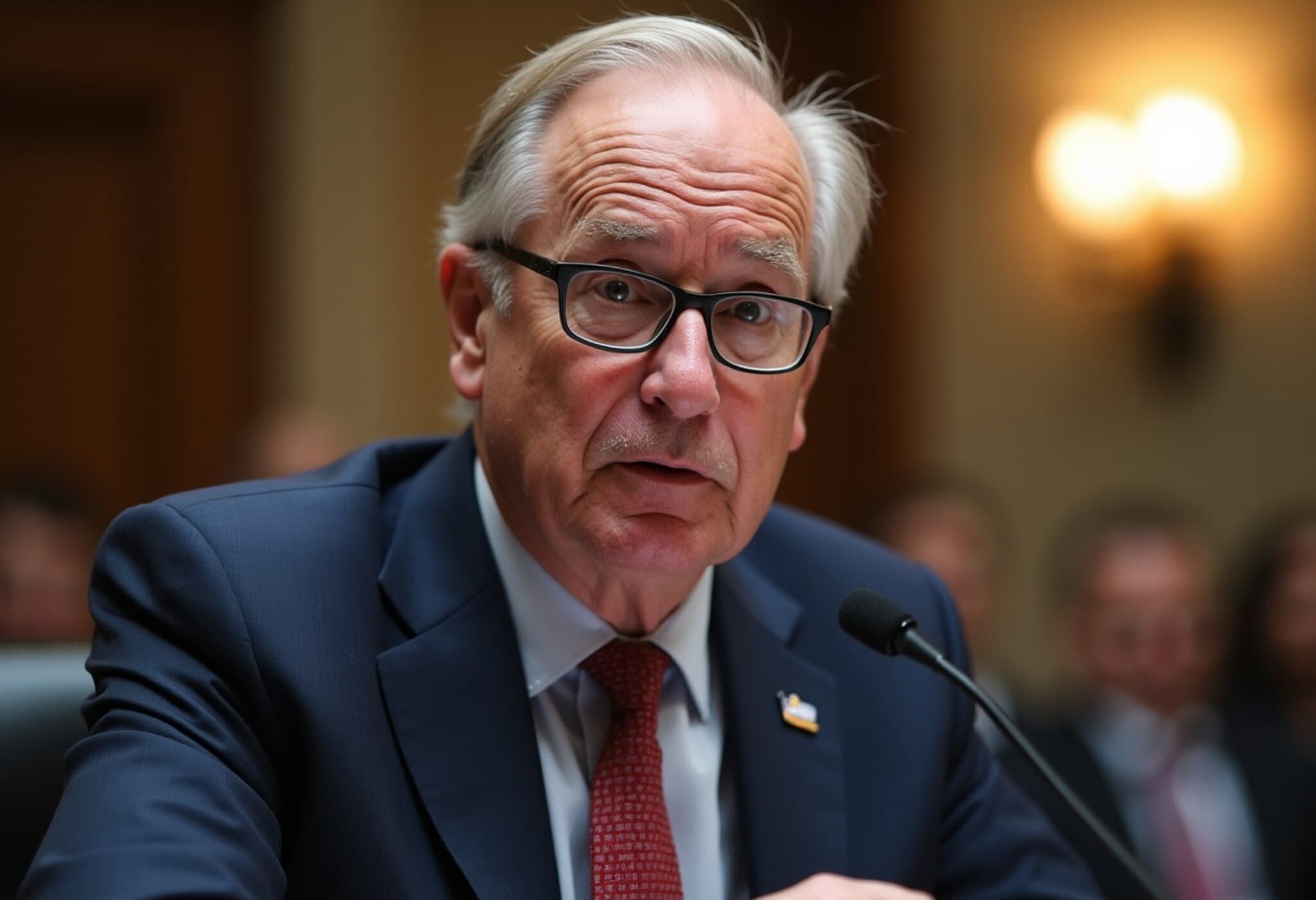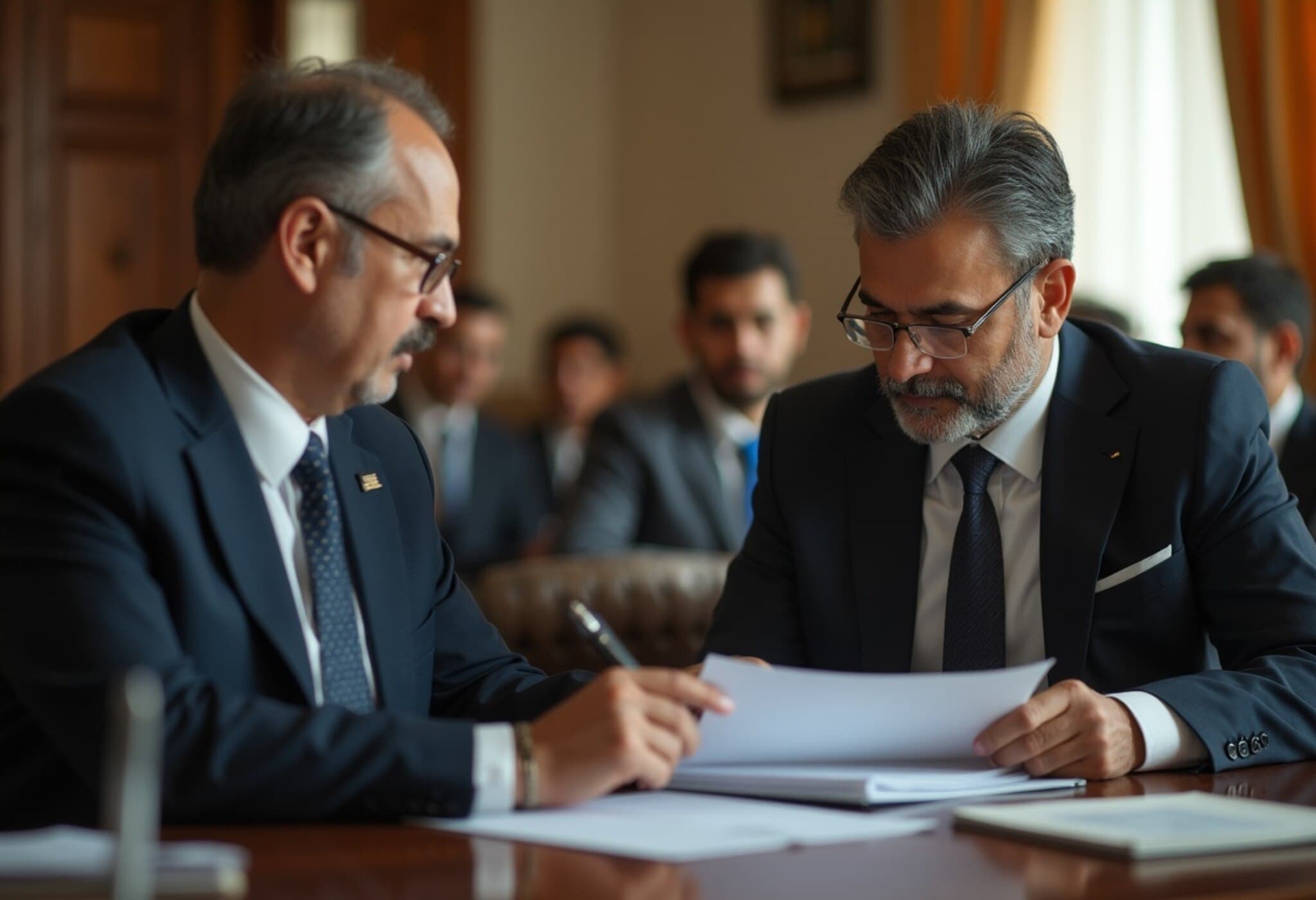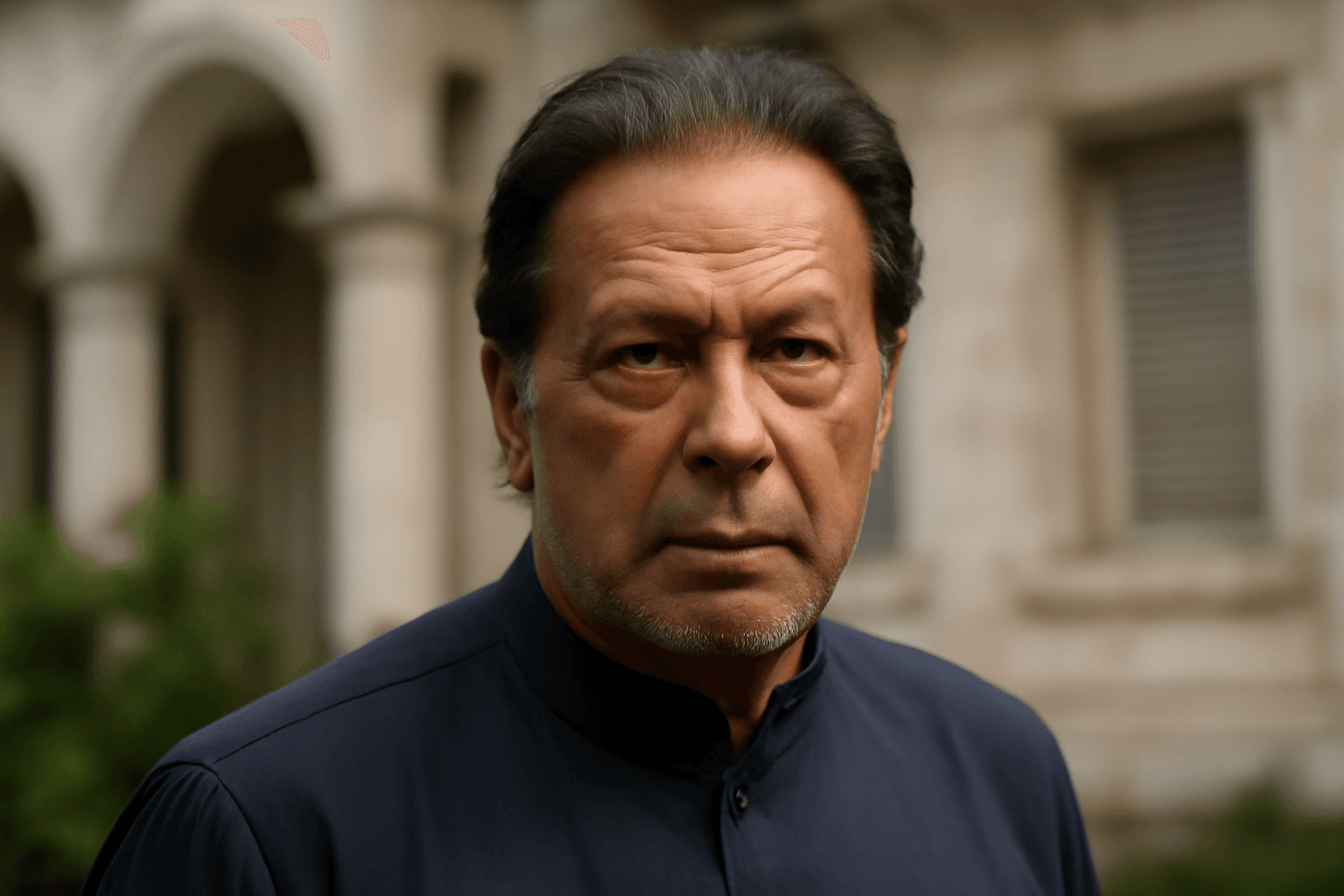Pakistan Faces Massive Revenue Loss from Fake and Flying Invoices
In a stark revelation that adds a new dimension to its ongoing economic challenges, Pakistan has reportedly suffered a staggering loss of more than Rs 2.2 trillion due to fake and flying invoices over the last two fiscal years. This alarming figure was disclosed by Hamid Atique Sarwar, a member of Pakistan's Federal Board of Revenue (FBR), during a recent session of the Senate Standing Committee on Finance and Revenue.
Unpacking the Numbers: A Growing Crisis
According to Sarwar, the FBR uncovered fake and flying invoices amounting to approximately Rs 873 billion in the latest fiscal year alone. This marks an escalation from the previous year’s loss of Rs 1.37 trillion, underscoring a worrying trend of increasing tax evasion through fraudulent documentation. For a country already struggling with severe fiscal stress, such setbacks severely compromise government revenue streams vital for public services and economic stability.
What Are Fake and Flying Invoices?
Fake invoices refer to fraudulent bills issued without actual transactions or goods/services being exchanged, primarily to claim illegal tax refunds or reduce taxable income. Flying invoices involve documents that are created to represent sales or purchases that never occurred. Both schemes are sophisticated means of tax evasion that siphon millions—or in this case, trillions—from government coffers.
Legal Challenges and Policy Concerns
Sarwar highlighted that the existing legal framework, dating back to 1996, empowers assistant commissioners to detain individuals suspected of such financial malpractices if there is reasonable cause. However, enforcement has been inconsistent, and recent amendments in the Finance Bill have introduced protections aimed at reducing harassment of honest taxpayers and business owners. This tug-of-war between empowering tax authorities and safeguarding legitimate commerce has complicated the government's ability to crackdown decisively on fraud.
Voices from the Senate and Business Community
The Senate Standing Committee engaged in extensive discussions about these fiscal anomalies and their ramifications. Members of commerce chambers voiced concerns especially about clauses that would grant arrest powers to FBR officials based purely on suspicion—a measure they fear could be misused. In response, Minister of State for Finance and Revenue, Bilal Azhar Kiyani, mentioned that the Prime Minister has established a dedicated committee to address these concerns and find a balanced approach.
The Broader Economic Context and Regional Implications
Pakistan's loss due to fake and flying invoices arrives against a backdrop of global economic uncertainty and rising debt burdens within the country. Shrinking revenue not only undermines Pakistan’s ability to fund essential services such as healthcare, education, and infrastructure but also limits its fiscal flexibility to manage international aid and debt repayments. From a policy analysis standpoint, this issue raises critical questions about governance, institutional accountability, and the effectiveness of tax administration reforms in emerging economies.
Moreover, these findings highlight the pressing need for integrating advanced technological solutions like digital invoicing, blockchain verification, and real-time audits to combat invoice fraud more effectively. Countries that have modernized their tax systems through such innovations have seen improved revenue collection and reduced corruption.
Key Takeaways
- Pakistan lost a cumulative Rs 2.2 trillion in two years due to fake and flying invoices.
- Despite legal provisions enabling arrests for tax fraud since 1996, enforcement has faced challenges.
- Recent Finance Bill amendments attempt to balance anti-fraud action with protections for genuine taxpayers.
- Stakeholders call for reforms that enhance accountability without fostering harassment.
- Technological solutions could play a vital role in preventing invoice-related tax evasion.
Editor’s Note
Pakistan’s fiscal health hangs in a delicate balance, where unchecked tax evasion via fake and flying invoices threatens the nation’s developmental goals. While protecting honest taxpayers is essential, the government faces the critical task of enforcing laws that deter fraud without discouraging business. Implementing transparent, technology-driven tax reforms along with vigilant enforcement may offer a path forward. As Pakistan grapples with these challenges, the international community and economic policymakers should watch closely to glean lessons on balancing growth, fairness, and governance in taxation.


